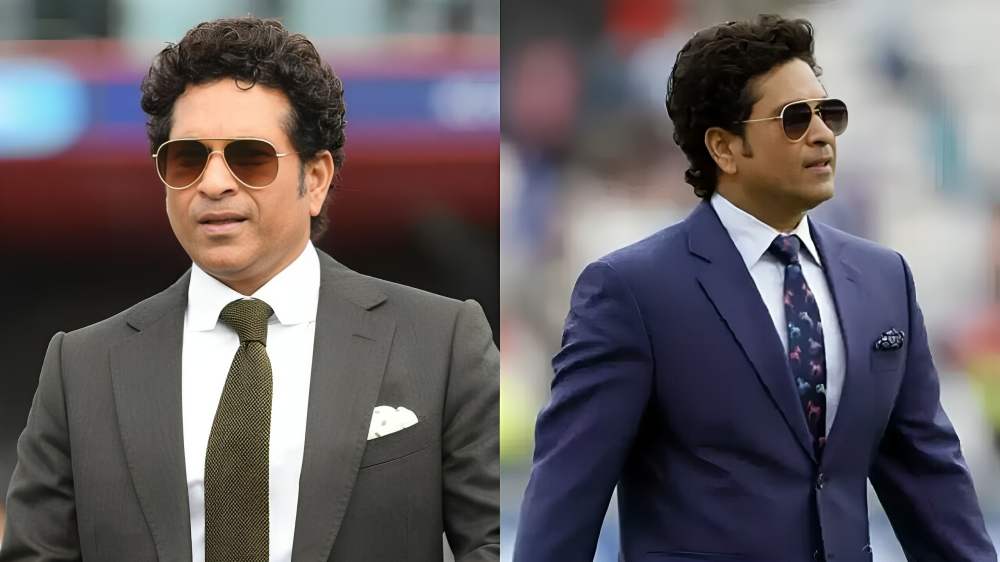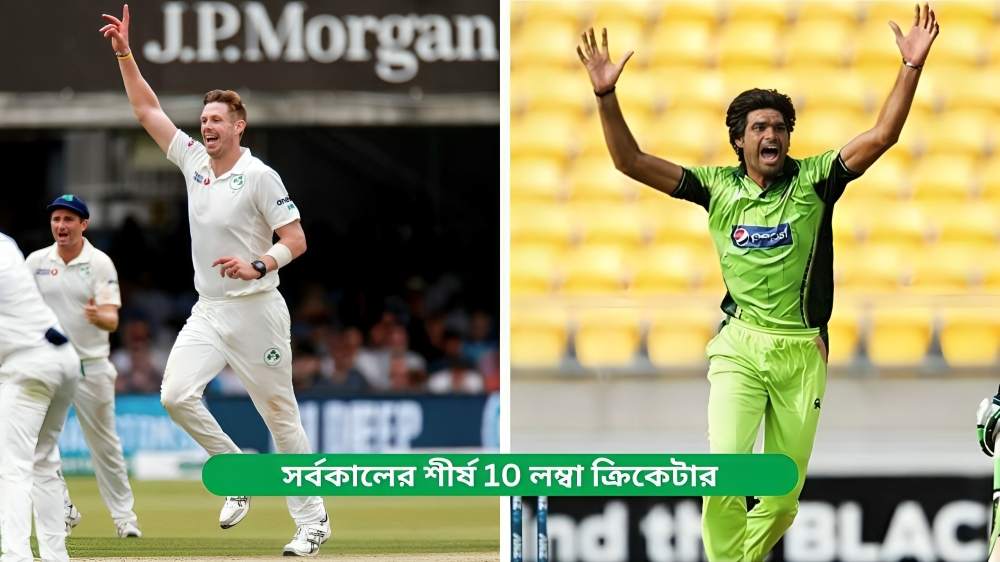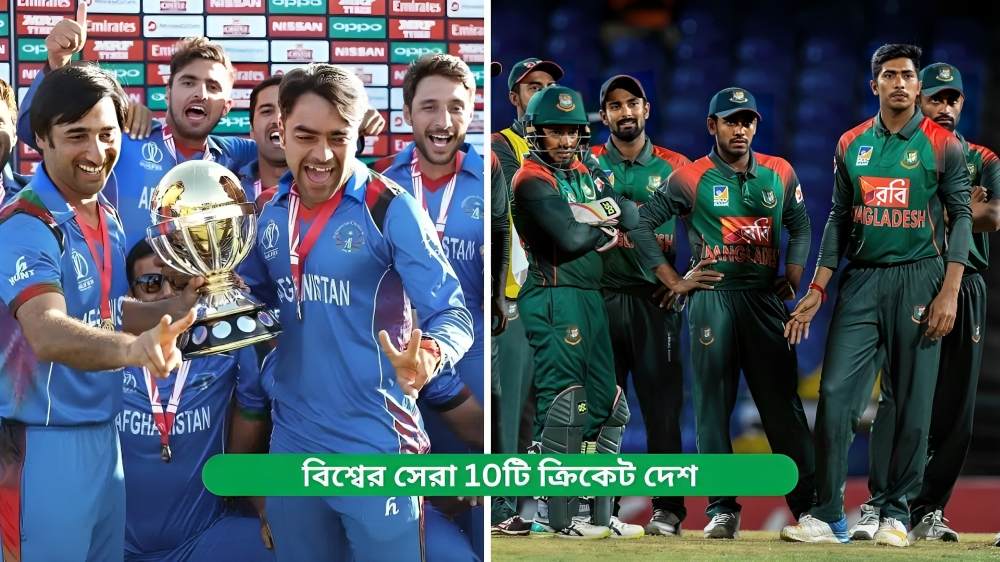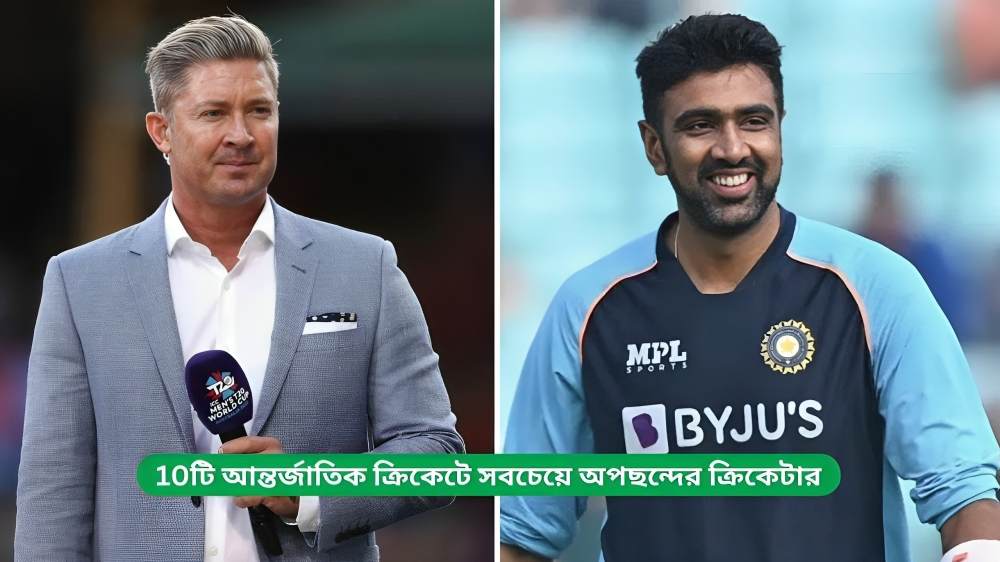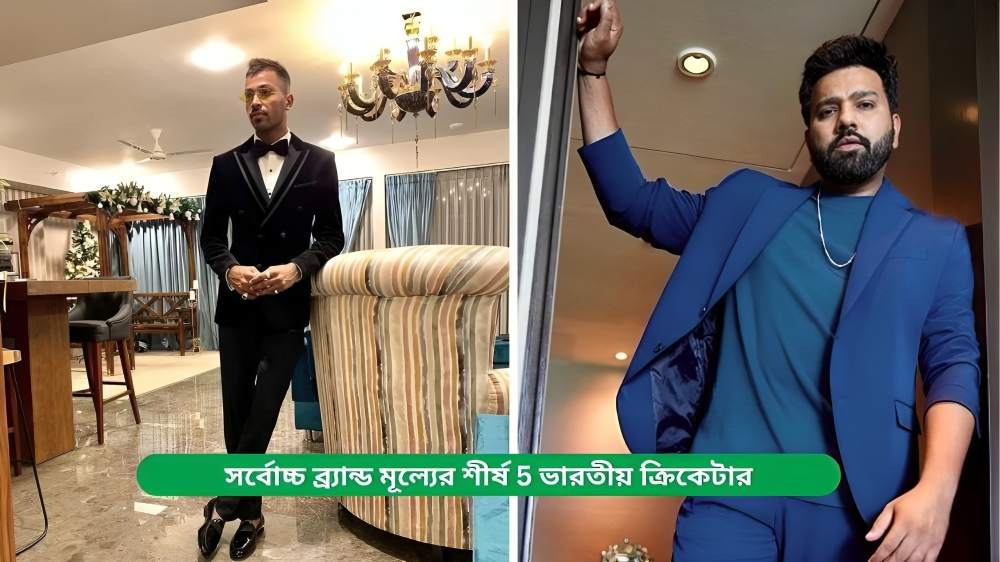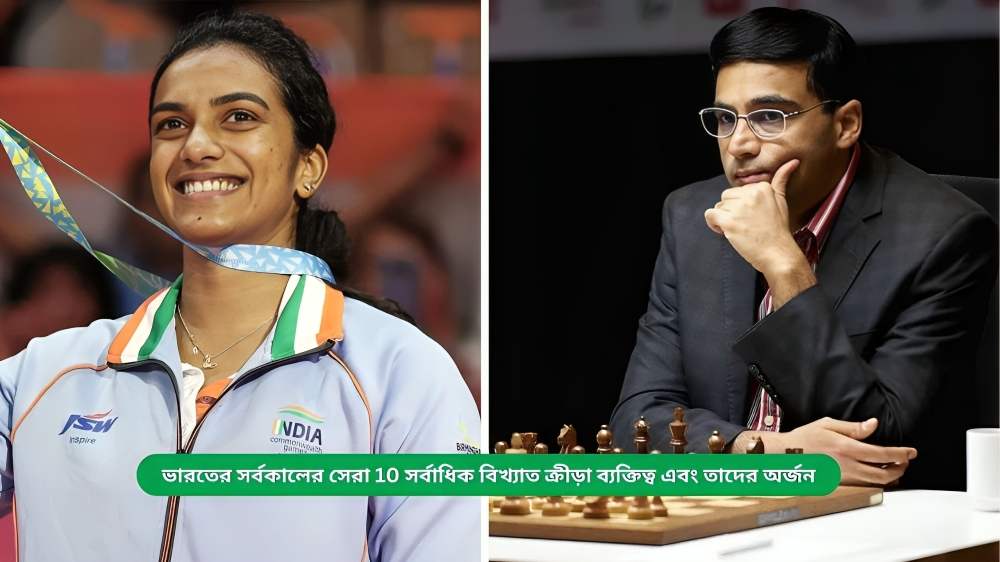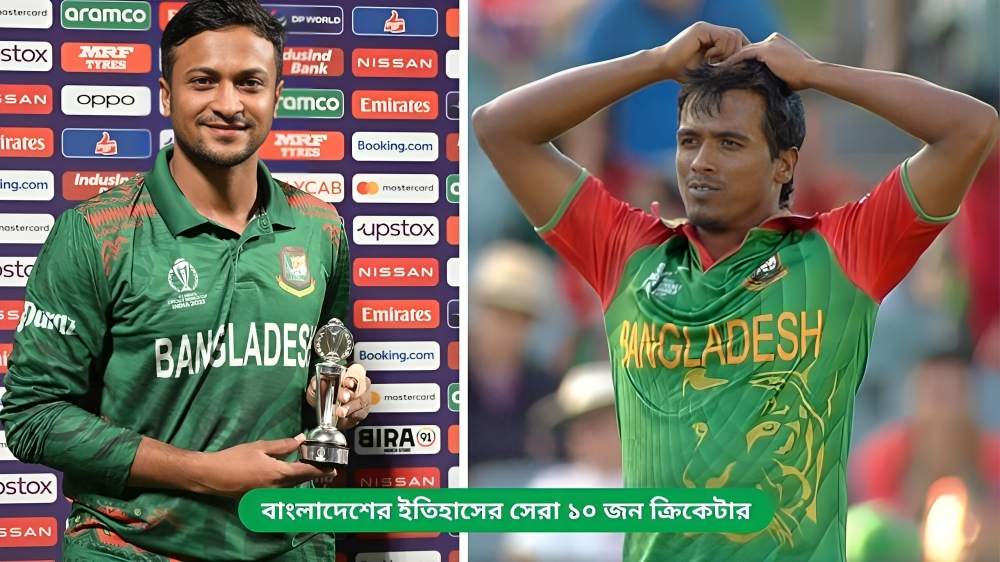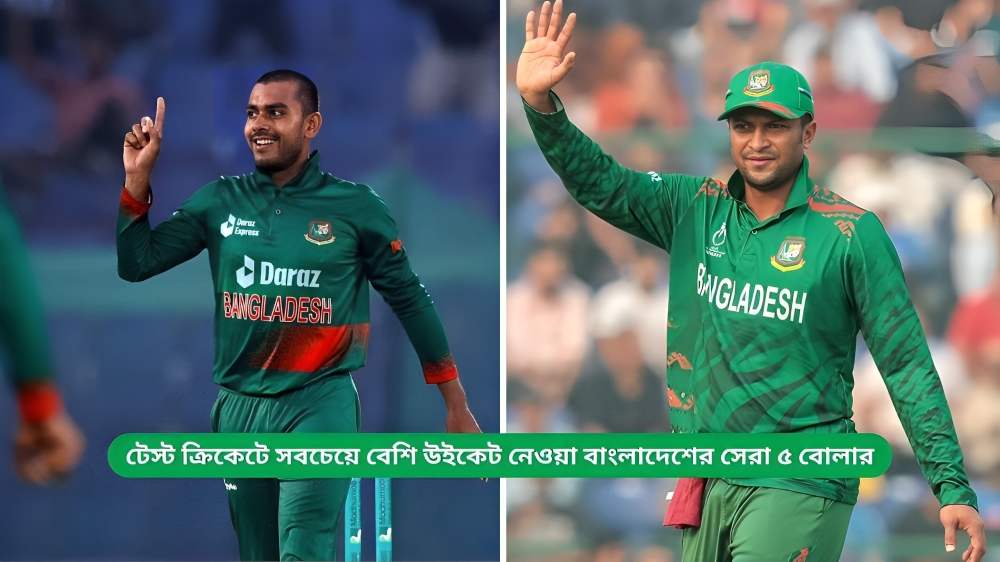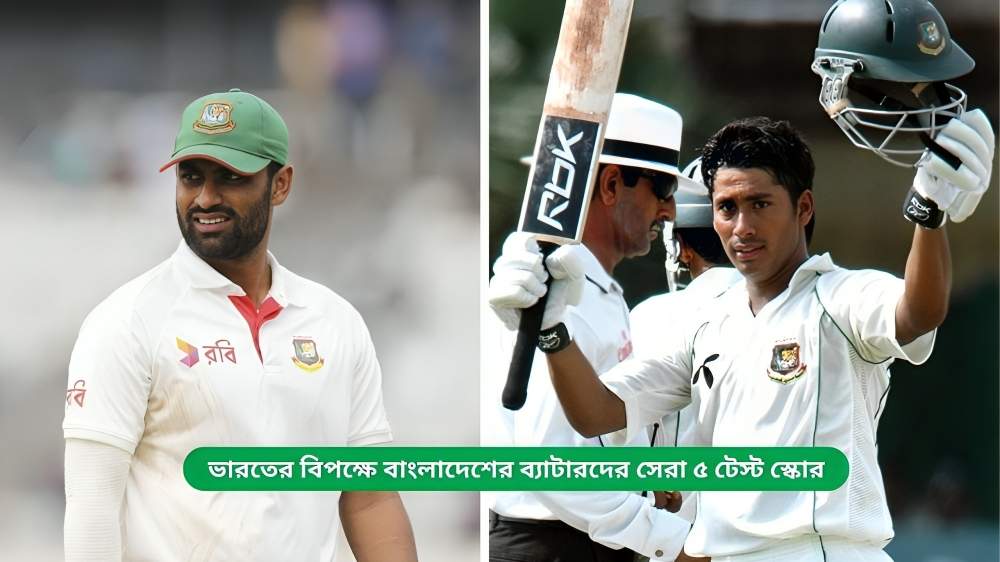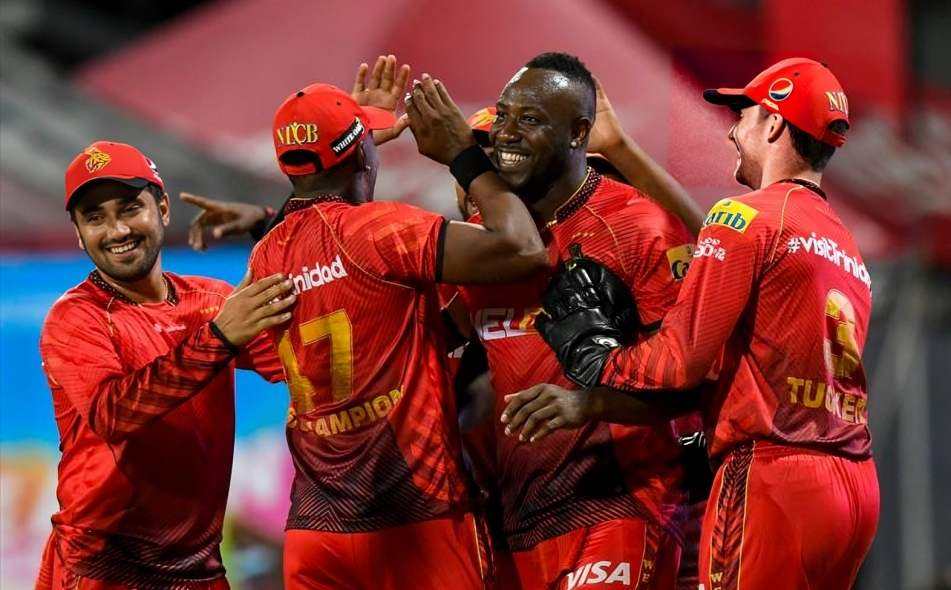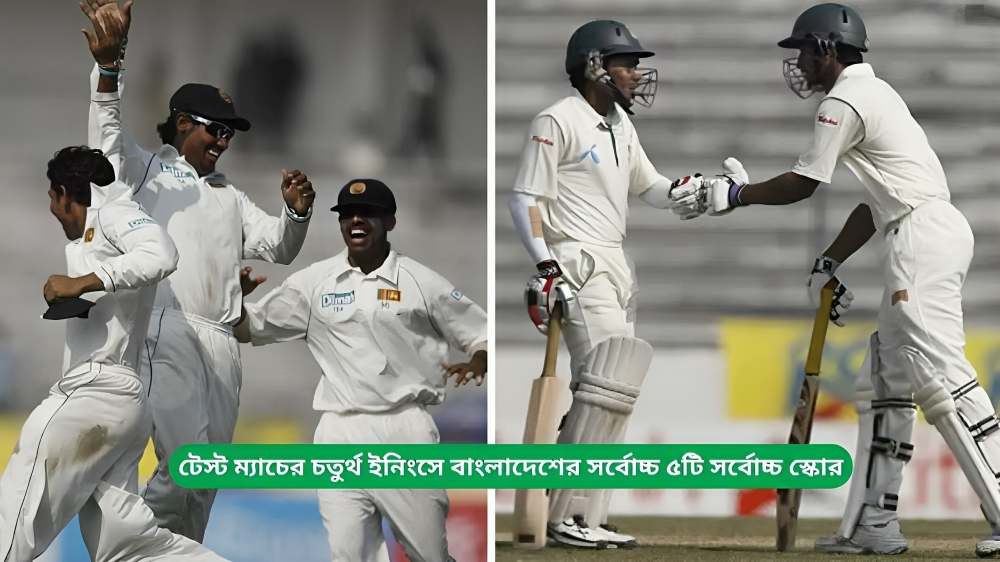Australian Cricketers Who Hated Each Other: Cricket, known for its spirit of camaraderie and sportsmanship, has also seen its fair share of rivalry and discord, especially within teams. Australia, with its rich cricketing history, has witnessed several intense feuds among its players. These rivalries often stem from competition for spots, differing personalities, or off-field controversies. Here, we explore some notable Australian cricketers who had significant animosities with each other.
Australian Cricketers Who Hated Each Other
1. Shane Warne and Mark Waugh
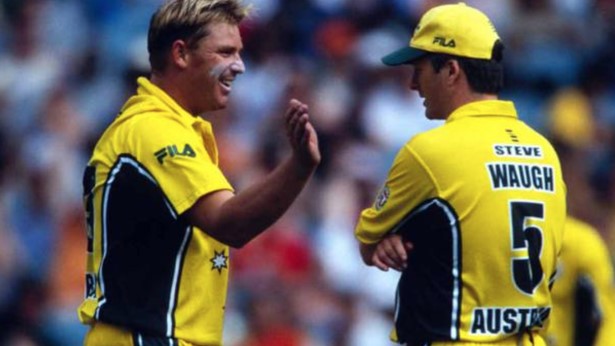
One of the most infamous feuds in Australian cricket history involved two of its most celebrated players: Shane Warne and Mark Waugh. Both played pivotal roles in Australia’s dominance in the 1990s and early 2000s, but their relationship was often strained. The conflict intensified when Warne publicly criticised Waugh’s batting form, suggesting that he was too inconsistent. Waugh, in turn, responded with barbs about Warne’s off-field lifestyle, including his infamous escapades. The tensions came to a head when Warne alleged that Waugh had once turned up late to a team meeting, leading to a public spat that played out in the media. While they eventually reconciled, the animosity during their playing days was palpable.
2. Ricky Ponting and Michael Clarke
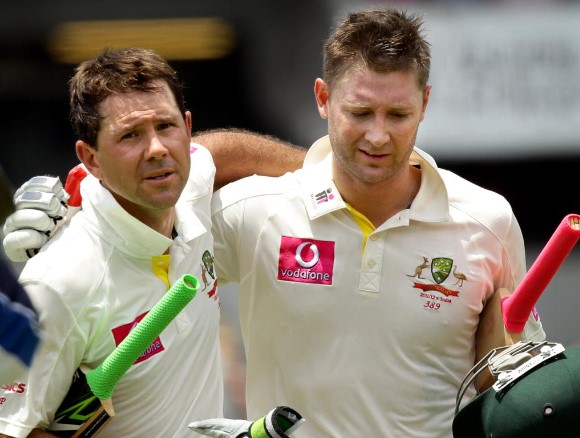
Ricky Ponting and Michael Clarke had a complex relationship during their time in the Australian team. Ponting, the former captain, had high expectations and often placed immense pressure on his teammates. Clarke, initially seen as the heir apparent, found himself at odds with Ponting, especially when it came to leadership style and decision-making. The friction became apparent during matches, where Clarke’s frustration with Ponting’s tactics would sometimes spill over. The media spotlight on their relationship intensified, especially as Clarke took over the captaincy after Ponting’s retirement. Despite their differences, both players have since acknowledged the respect they hold for each other’s contributions to Australian cricket.
3. Adam Gilchrist and Ian Healy
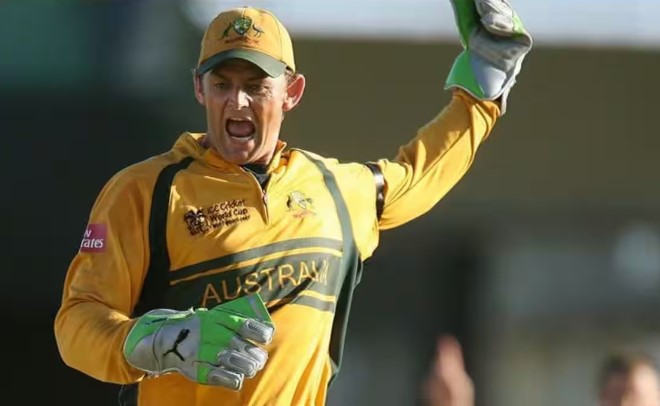
While both Adam Gilchrist and Ian Healy are regarded as two of Australia’s finest wicketkeepers, their rivalry was palpable during their overlapping careers. Healy was the established wicketkeeper during the early 1990s, and when Gilchrist emerged as a competitor, tensions arose. Healy, feeling threatened by Gilchrist’s growing reputation, often made dismissive comments about Gilchrist’s batting and glove work. The rivalry reached a peak during the 1996 Cricket World Cup, where Gilchrist’s impressive performances led to Healy’s eventual retirement. Despite their animosity, both men have since expressed mutual respect, particularly for each other’s contributions to the sport.
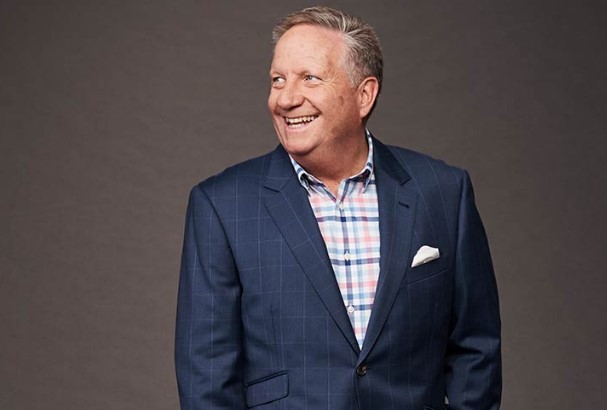
4. Steve Waugh and Shane Warne
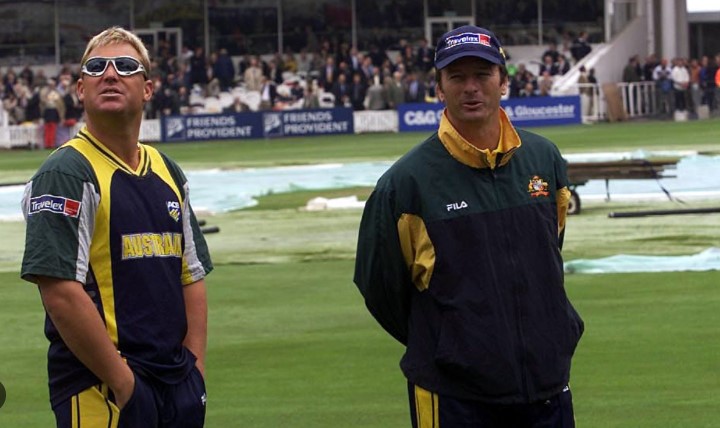
Steve Waugh and Shane Warne, both instrumental in Australia’s late 1990s success, had a complicated relationship. While they shared moments of brilliance on the field, their personalities clashed off it. Waugh, known for his disciplined approach and focus, often found Warne’s carefree attitude and off-field antics frustrating. Warne, on the other hand, felt stifled by Waugh’s serious demeanour and rigid leadership style. Their disagreements became public during the 2001 Ashes series, where Warne’s criticism of Waugh’s captaincy raised eyebrows. Despite their differences, they ultimately united for Australia’s cause, showing that rivalries can exist alongside mutual respect.
5. David Warner and Usman Khawaja
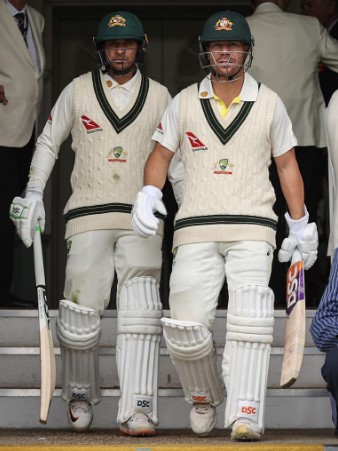
The feud between David Warner and Usman Khawaja is one of the more recent conflicts in Australian cricket. Their rivalry became evident during the 2016 series against South Africa, where Warner publicly criticised Khawaja’s form and approach. The tensions escalated further with off-field comments that hinted at deeper issues. Warner’s aggressive playing style contrasted with Khawaja’s more laid-back demeanour, leading to clashes in both matches and training sessions. The conflict has been fueled by media speculation, and while both players have publicly downplayed their differences, the underlying tension remains a topic of discussion among fans and analysts alike.
Rivalries in sports can often lead to intense scrutiny and media speculation, particularly in a nation like Australia, where cricket is a beloved national pastime. The feuds between Australian cricketers highlight the complexities of team dynamics and the human element of competition. While these players may have had their differences, their contributions to Australian cricket are undeniable, serving as a reminder that even the fiercest rivals can coexist within the same team, driven by a shared passion for the game. In the end, these rivalries not only add flavor to cricket but also reflect the intense pressure and high stakes that come with representing Australia on the world stage.


